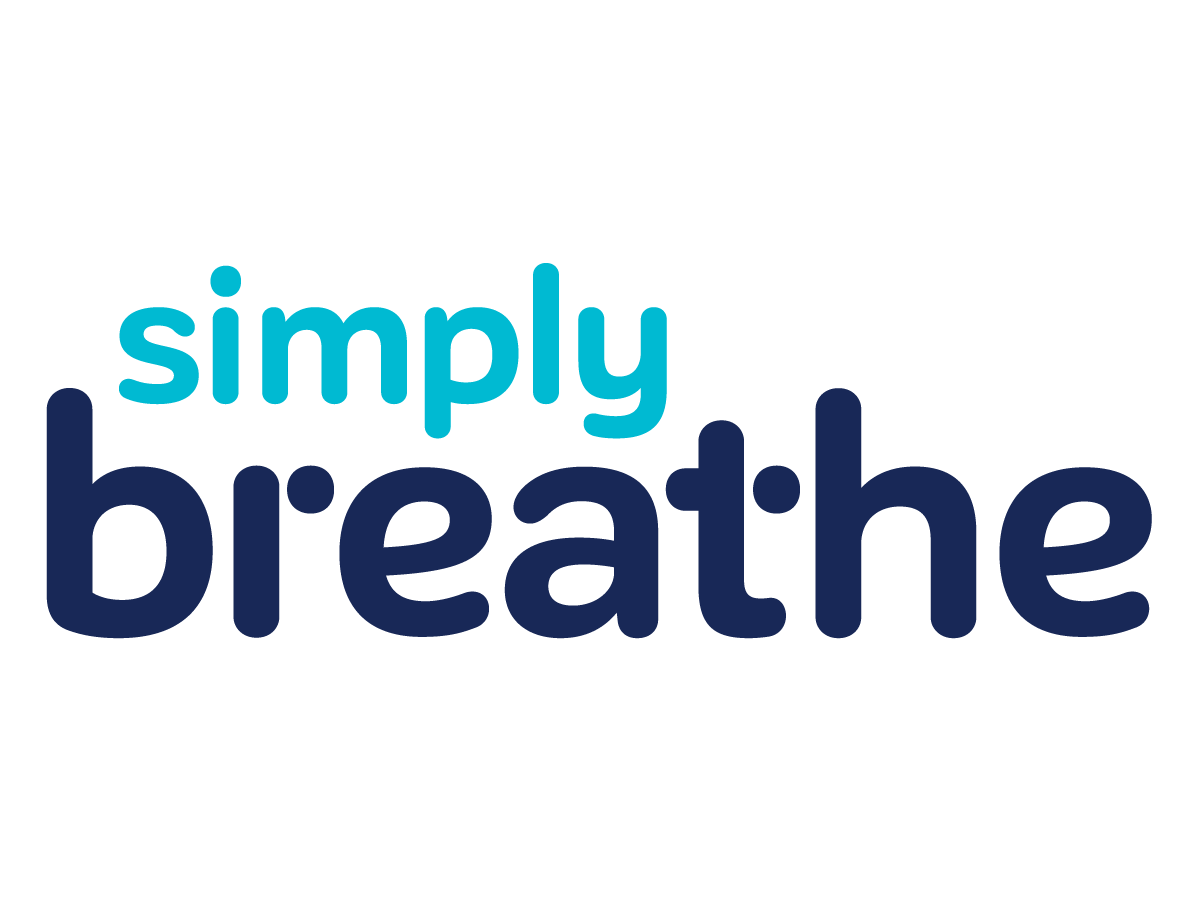In our quest for improved cognitive performance, we often overlook one of the most powerful tools available to us 24/7: our breath. While we recognize the importance of sleep for brain health, proper breathing techniques may be equally transformative for cognitive function. Research increasingly shows that optimized breathing patterns can fundamentally alter brain activity, enhancing focus, memory, and overall mental clarity.
The Oxygen-Brain Connection
Your brain is an oxygen powerhouse, consuming approximately 20% of your body's oxygen supply despite accounting for only 2% of your body weight. This disproportionate need highlights why optimizing oxygen delivery through proper breathing is crucial for cognitive performance.
When you breathe deeply and efficiently, you:
- Increase oxygen saturation in your bloodstream
- Enhance cerebral blood flow
- Support neurotransmitter production
- Reduce inflammation in neural pathways
Studies show that even modest improvements in blood oxygen levels can yield significant cognitive benefits, especially in attention-demanding tasks that require sustained focus.

Breathing Patterns That Boost Cognitive Function
Not all breathing is created equal. Specific patterns can activate different neural pathways:
Diaphragmatic Breathing: This belly-focused breathing technique activates the parasympathetic nervous system, reducing cortisol and creating the optimal neurochemical environment for learning and memory consolidation. A 2019 study found that just 5 minutes of diaphragmatic breathing improved working memory performance by up to 15% (example video here).
Box Breathing: The 4-4-4-4 pattern (inhale-hold-exhale-hold) stimulates alpha brain wave activity, associated with creativity and problem-solving. This technique is regularly used by high-performance individuals including executives and elite military units (example video here).
Alternate Nostril Breathing: This yoga technique helps balance brain hemispheres, improving cognitive flexibility and multitasking abilities. Neuroimaging studies show increased activity in the prefrontal cortex—the brain's executive control center—during this practice (example video here).
The Cognitive Science Behind Breathing Benefits
Proper breathing techniques create a cascade of neurobiological effects:
- Reduced Stress Response: Deep breathing lowers cortisol levels, protecting brain cells from stress-induced damage and improving neural efficiency.
- Increased HRV: Better breathing patterns improve heart rate variability, which correlates with enhanced decision-making capabilities and emotional regulation.
- Optimized Brain Waves: Controlled breathing can shift brain activity toward alpha and theta waves, states associated with deep focus, creativity, and insight generation.
- Neuroplasticity Support: The increased oxygen and improved blood flow support the brain's ability to form new neural connections—essential for learning and adapting to new challenges.
Getting to Know Your Breath
Before making changes, become aware of your current breathing patterns. Common signs of over-breathing include mouth breathing, visible upper chest movement, frequent sighing, and feeling short of breath during minimal activity. Pay attention to where you feel airflow—inside your nostrils, back of throat, chest, or abdomen. The most effective breathing is gentle, silent, through the nose, and primarily engages your diaphragm rather than your upper chest. Practice simple awareness by placing hands on your lower ribs and abdomen, noticing their gentle expansion and contraction with each breath.

Integrating Better Breathing Into Your Day
You don't need to meditate for hours to reap cognitive benefits. Try these simple integration points:
- Begin your workday with 2 minutes of diaphragmatic breathing to prime your brain
- Use box breathing during short breaks between tasks to reset your attention
- Practice alternate nostril breathing when tackling complex problems requiring whole-brain thinking
The beauty of breathing techniques lies in their accessibility—they require no special equipment, can be performed anywhere, and deliver immediate cognitive benefits while supporting long-term brain health.
By optimizing your breathing patterns, you're not just improving oxygen delivery—you're fundamentally changing how your brain functions, opening the door to enhanced cognitive performance throughout your day.





Leave a comment (all fields required)